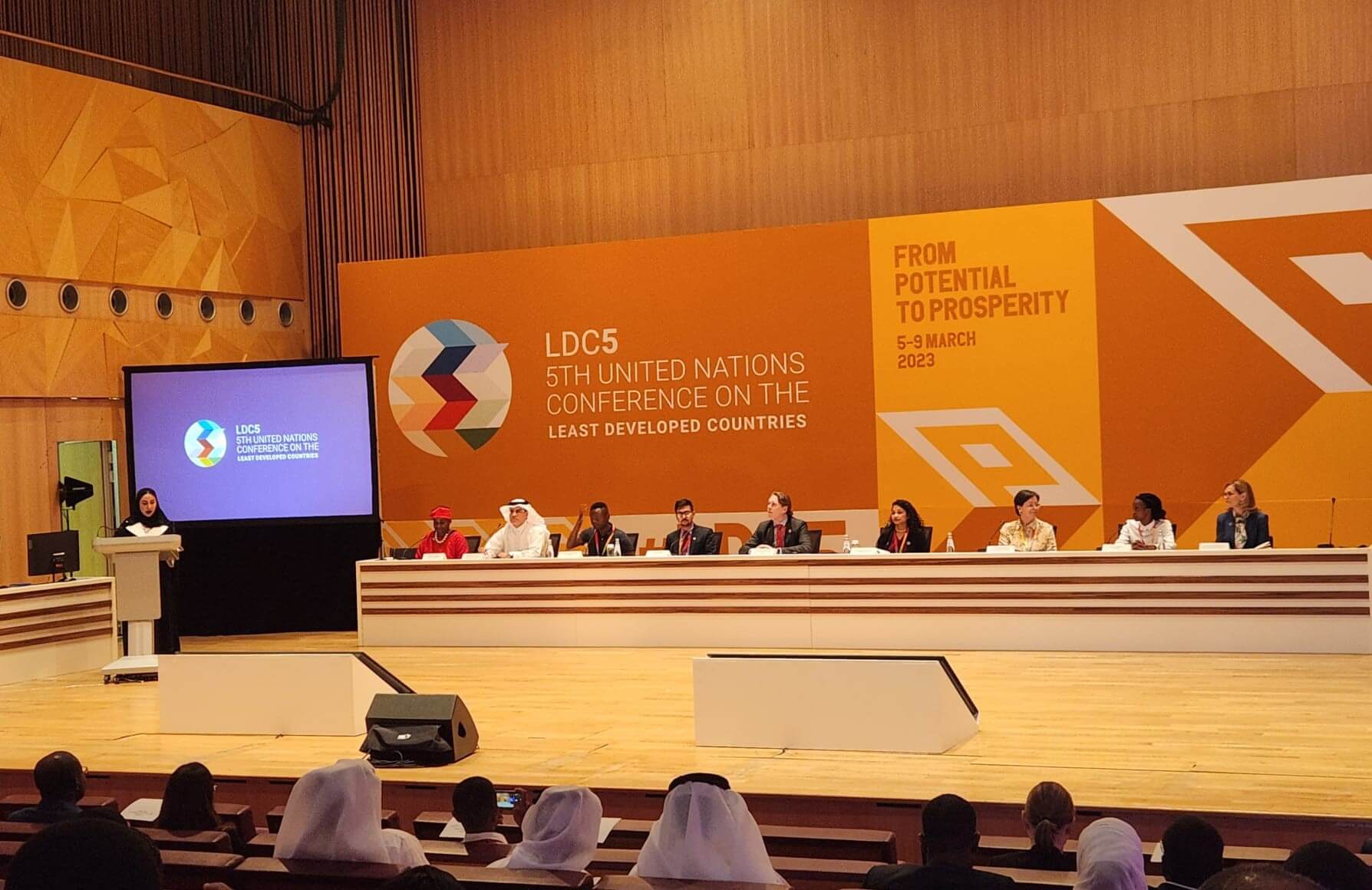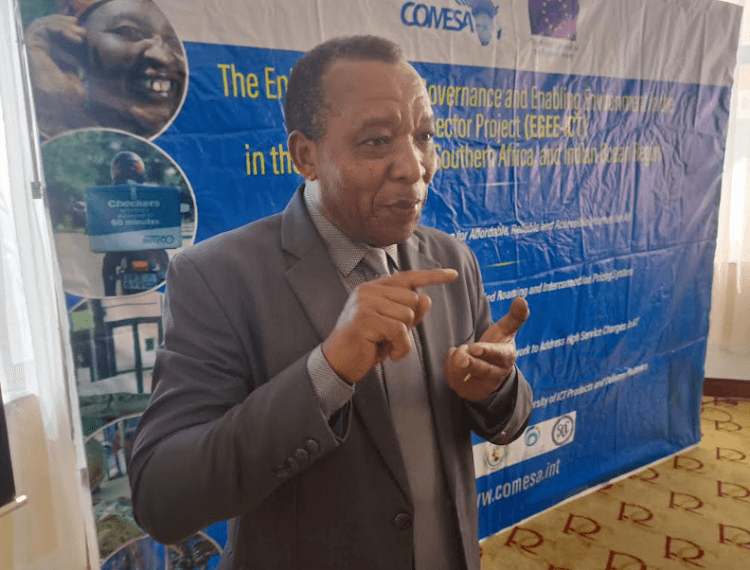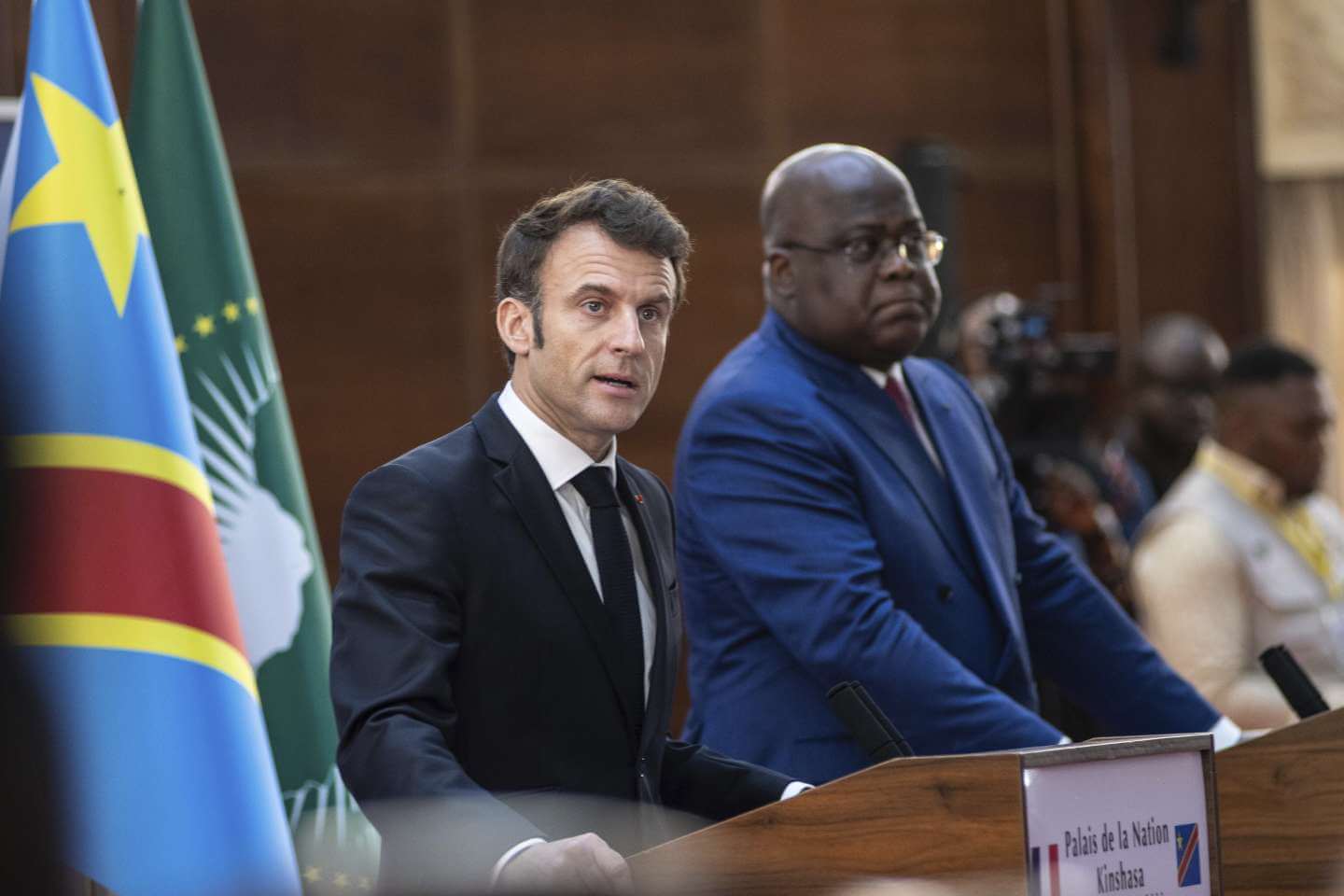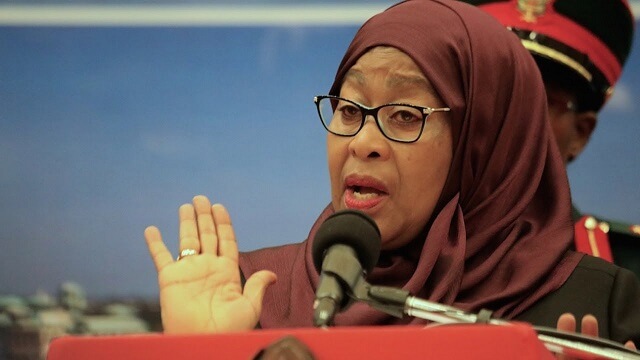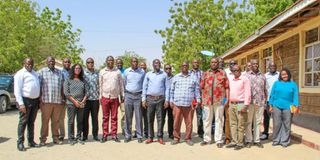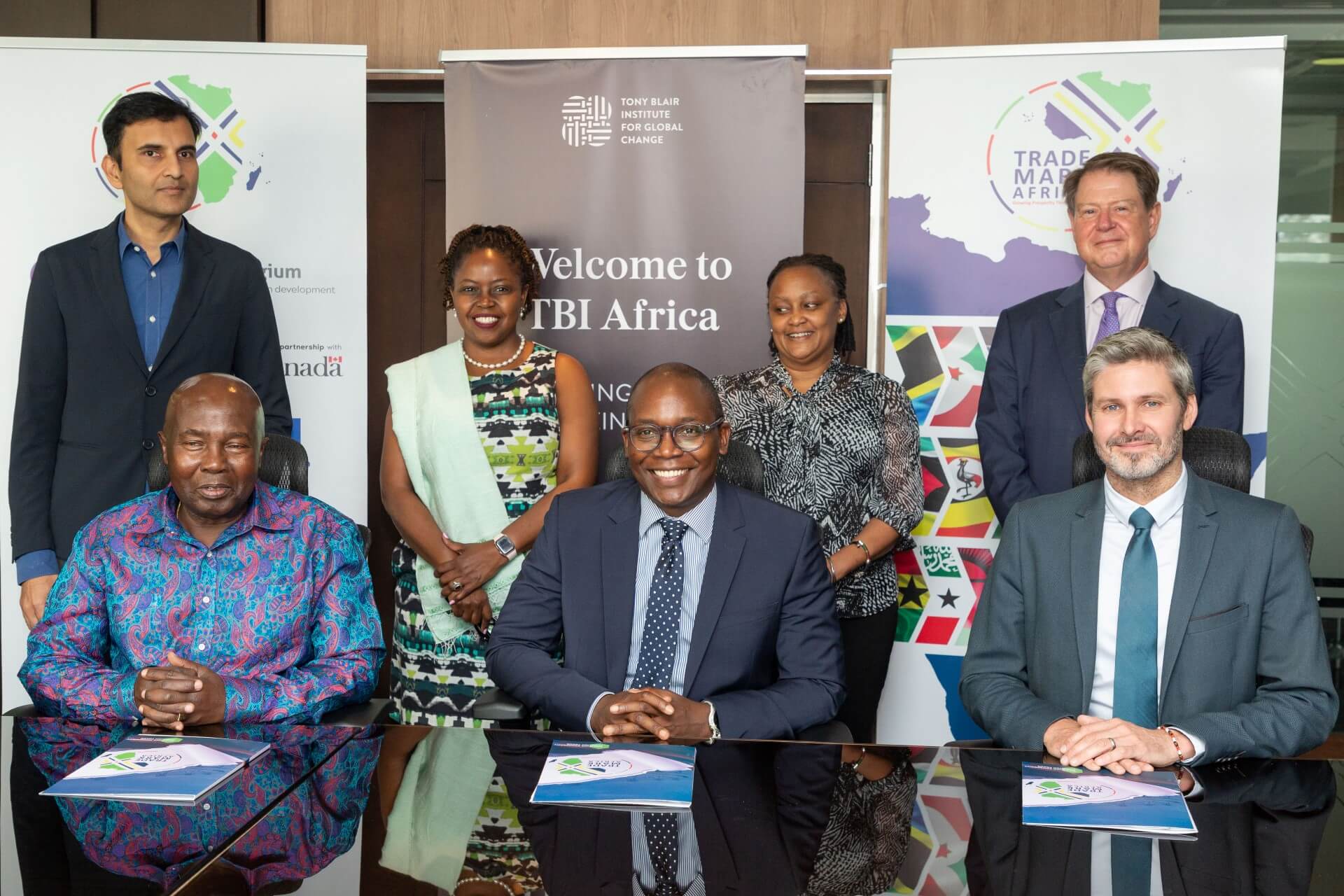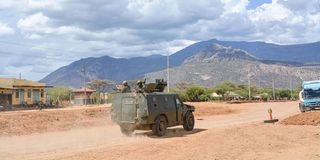DOHA, 7 March — Despite the massive expansion of trade and investment over the past decades, least developed countries still face considerable challenges in effectively integrating into the global trading system and benefiting from the opportunities afforded by international trade and global value chains, speakers stressed today during the fourth of a series of high-level thematic round tables of the fifth United Nations Conference on the Least Developed Countries. Opening the meeting on “Enhancing the participation of least developed countries in international trade and regional integration”, Évariste Ndayishimiye, President of Burundi and Co-Chair of the eight round tables, noted that the 2030 Agenda for Sustainable Development defines international trade as “an engine for inclusive economic growth and poverty reduction”, which helps promote sustainable development. Almost eight years into the implementation cycle of the Sustainable Development Goals, legitimate concerns remain, he said, especially for least developed countries which remain on the margin of global trade flows and global value chains, witnessing a widening gap with advanced economies and emerging markets. Over the past decade, these countries’ share of merchandise export has been static at 1 per cent and their share of exports of commercial services has hovered around 0.7 per cent. “These numbers demonstrate that least developed countries are yet to integrate into the global trading system,” he said. Turning to the vulnerable situation of landlocked States, such as his own, he voiced support for South-South cooperation and noted that Burundi has joined the construction programme of a railroad linking the United Republic of...
Despite Massive Trade, Investment, Benefits of Global Trading System, Value Chains Remain Inadequate for Least Developed Countries, Speakers Tell Round Table
Posted on: March 9, 2023
Posted on: March 9, 2023

